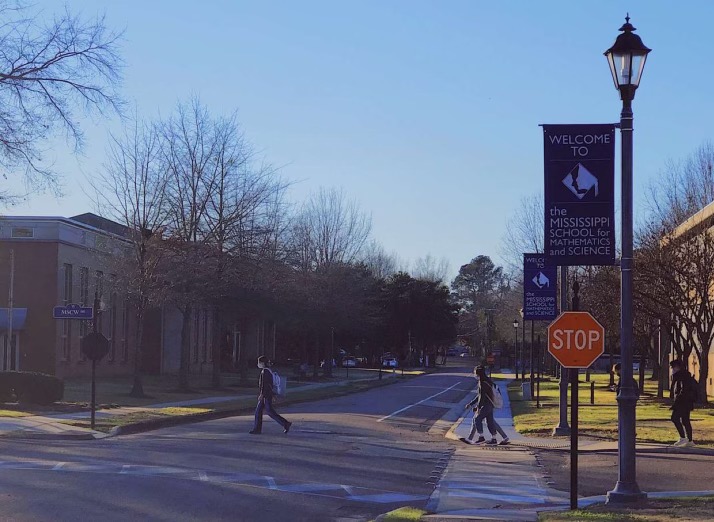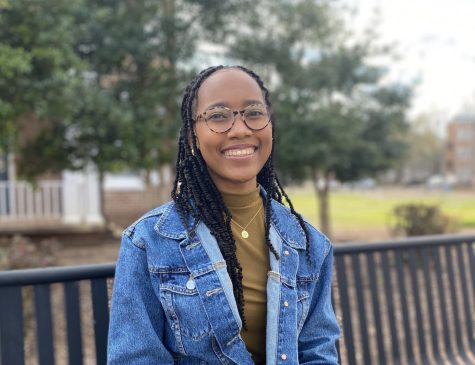The gifted kid-to-Imposter Syndrome pipeline and how to overcome it
Based on a Vision survey, imposter syndrome affects the majority of the MSMS student body.
January 26, 2022
Have you ever thought to yourself, “I don’t belong here,” “I’m such a fake” or “I don’t deserve to be here?” If so, don’t worry; you’re not alone. These thoughts are a product of a phenomenon known as Imposter Syndrome. About 70% of Americans have felt the effects of IS at some point in their lives; IS also disproportionately affects high-achieving people, like the students of MSMS.
According to Harvard Business Review, “Imposter syndrome is loosely defined as doubting your abilities and feeling like a fraud.” People who suffer from IS have recurring feelings of inadequacy, despite evidence of accomplishments and praise proving otherwise. These individuals feel like an imposter in their own lives and fear being revealed as a fraud.
While the term might seem foreign, its signature characteristics of inadequacy, comparison and self-doubt are not. According to an anonymous survey of MSMS students, 88% of respondents claim to have experienced feelings related to IS at one point in their lives, and 63% of them revealed that their experiences were on the MSMS campus.
One respondent expressed worry about whether they are worthy of a spot at MSMS because of IS.
“I went from being one of the best students at my home school to coming here and being bad at things I used to be amazing at,” they said in the anonymous survey. “It is hard to see my peers succeeding and knowing that no matter how hard I can try, I still won’t get it. It makes me doubt my abilities to be here and if I even deserve this spot.”
Another student added to this sentiment, wondering if their place at MSMS is deserved.
“I constantly feel that I am only an imposter that is very good at tricking people into thinking I am smart or good at things,” they said in the anonymous survey. “I often don’t feel smart enough to be here, even though I have good grades. It makes me feel like I am just very good at tricking the teachers and other students into thinking I know things.”
Fortunately, just as there is a community of people struggling with IS, there is a community of people working through it effectively. Senior Audrey Robinson has dealt with her fair share of IS and has developed practices to combat the adverse effects.
“As an artistically inclined student whose interests lie beyond the world of STEM, I’ve often felt as if I didn’t quite belong at MSMS. A lot of times, I feel dumber than my fellow students because I took ‘baby chem’ or ‘baby physics’ and constantly hear people bragging about how easy a class or a test was that I found difficult,” Robinson said. “Whenever I feel like comparison has gotten to me, I usually take a step back and put myself into things that are unique to me and make me feel good, like theatre. Then, I reaffirm to myself, ‘I accomplished this with my own two hands, and it is valuable and great.’”
Though self-confidence and validation are essential in combating the effects of Imposter Syndrome on a personal level, Robinson also said she believes the environment that causes IS for many students won’t change on its own.
“Having a school for the top minds of Mississippi naturally fosters an environment of competition that can lead some students, who aren’t naturally gifted in certain subjects, to feel as if they don’t belong,” Robinson said. “Every student at this school is intellectually advanced, whether in math, science, writing, art or any of the humanities and deserves to be here. It’s time we begin treating each other that way.”










Heath Stevens • Jan 28, 2022 at 4:51 pm
A related concept is known as the Big-Fish-Little-Pond” Effect. Readers can get a brief overview here: https://ed.stanford.edu/news/stanford-education-study-provides-new-evidence-big-fish-little-pond-effect-students-globally .